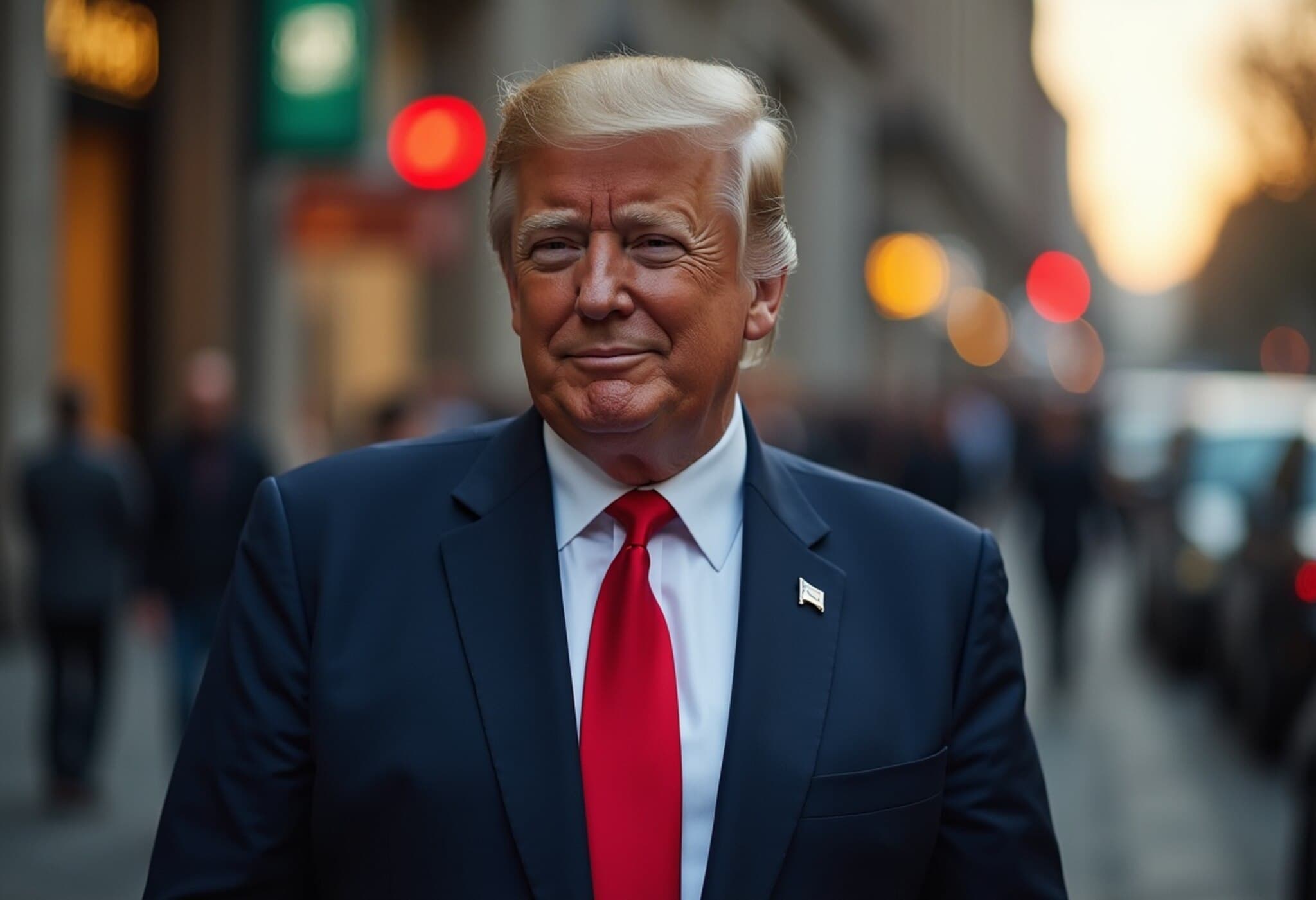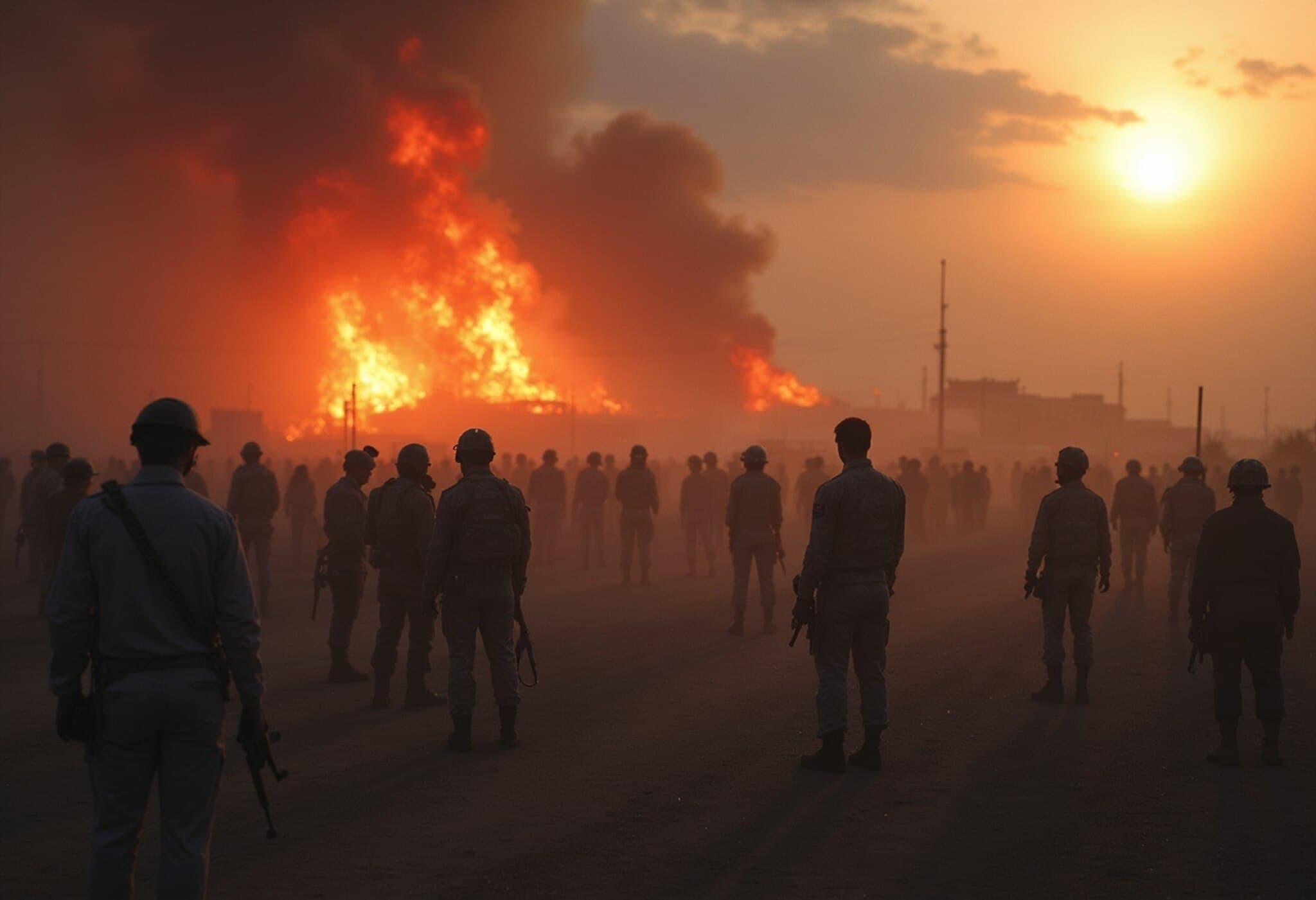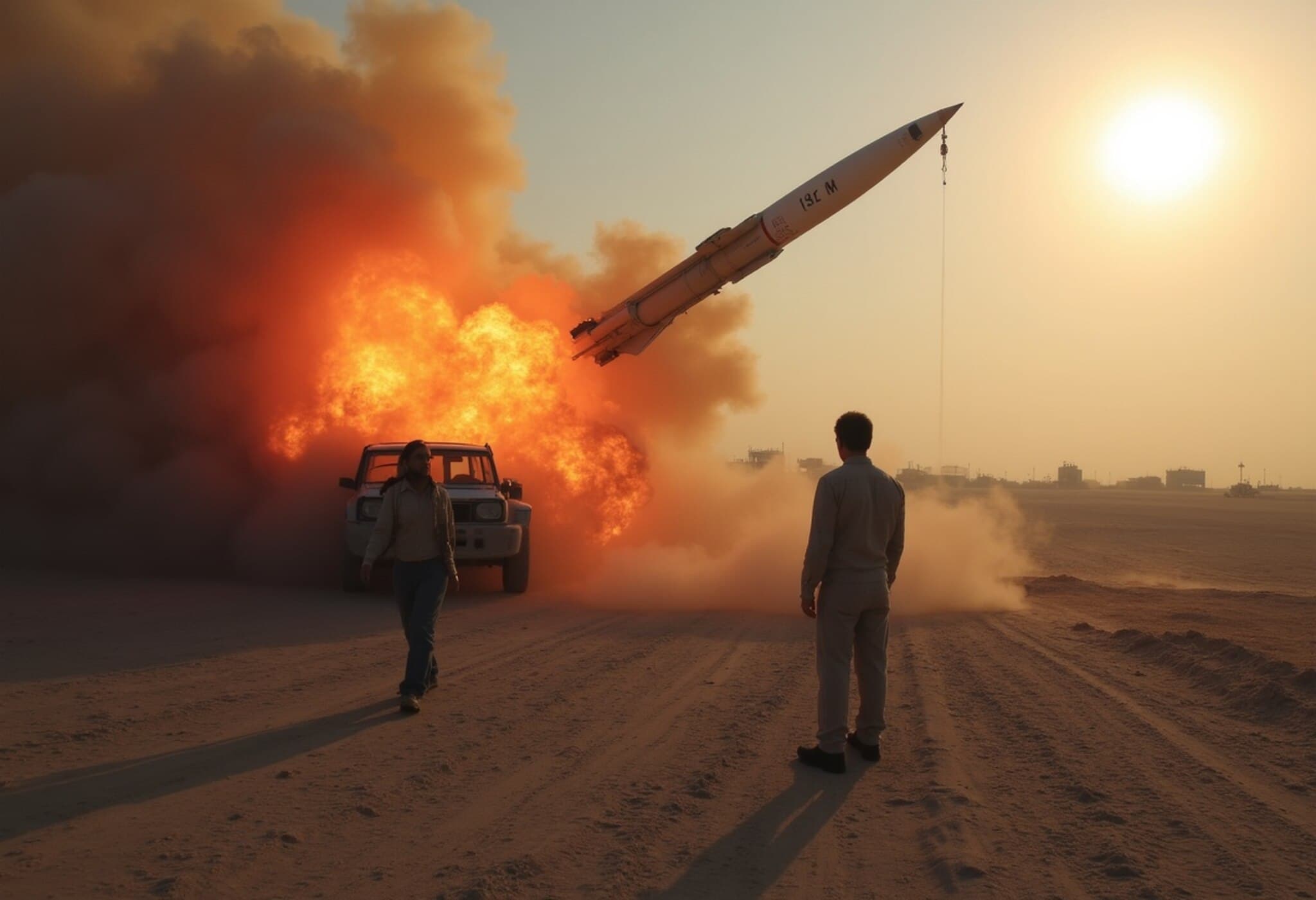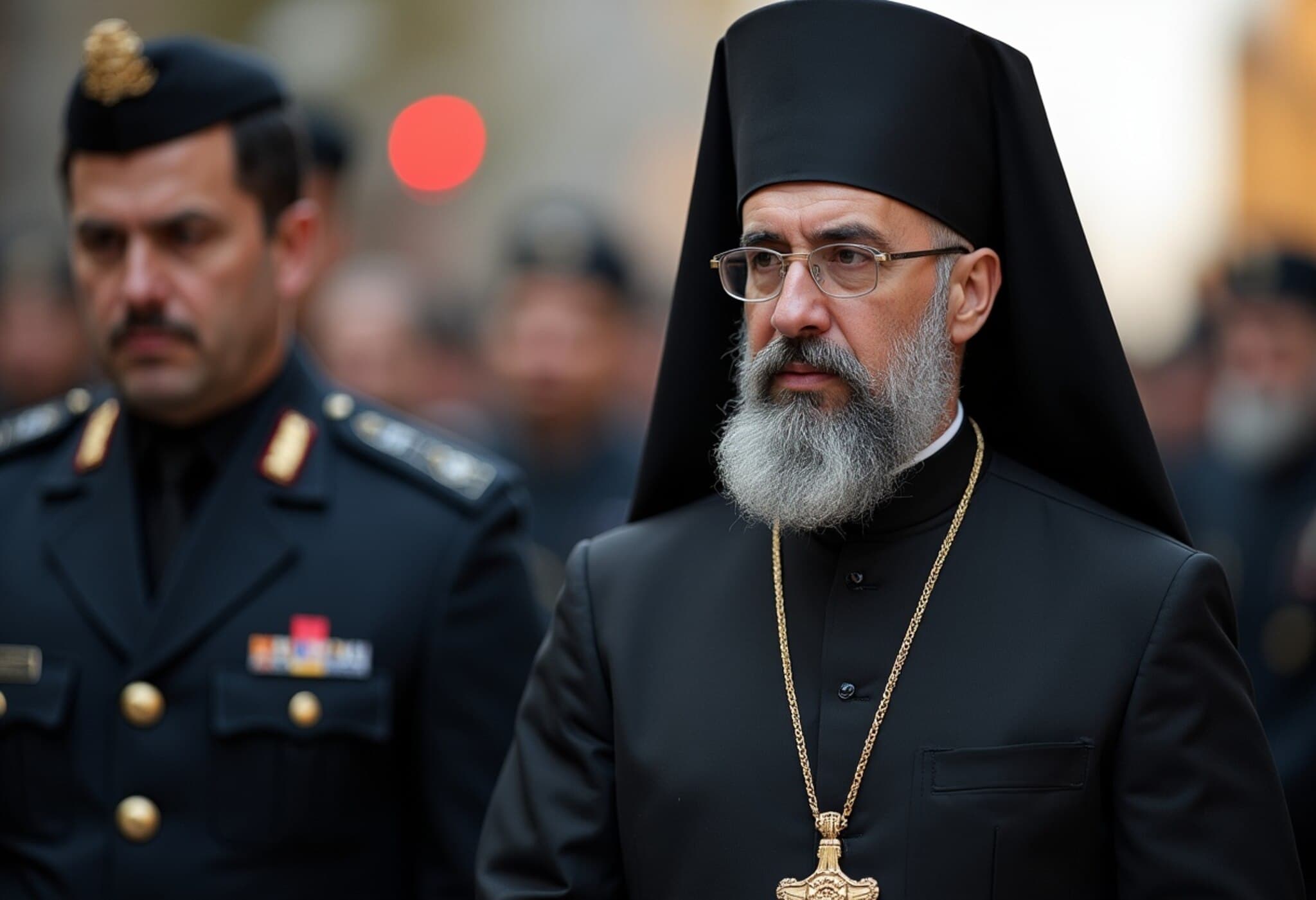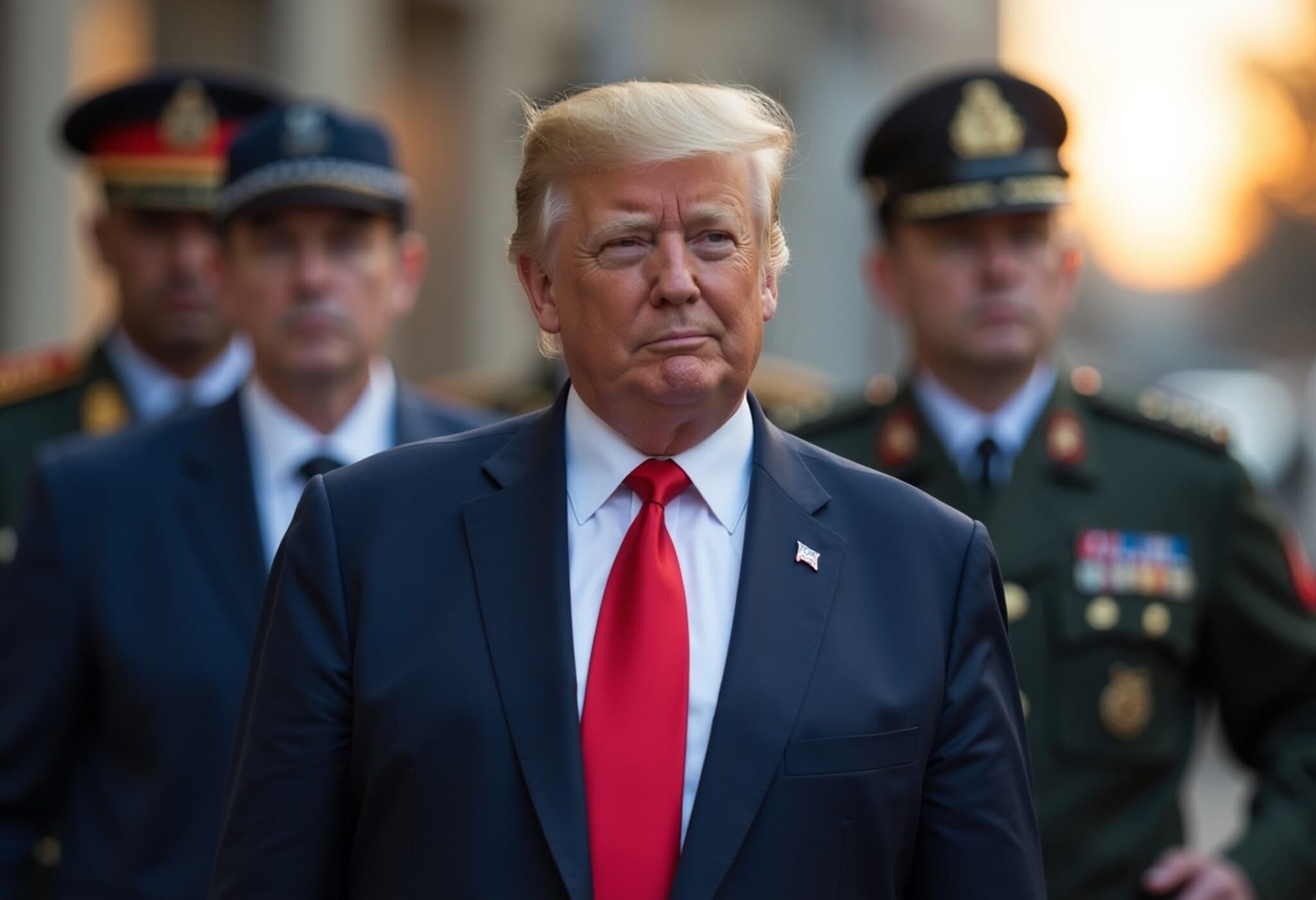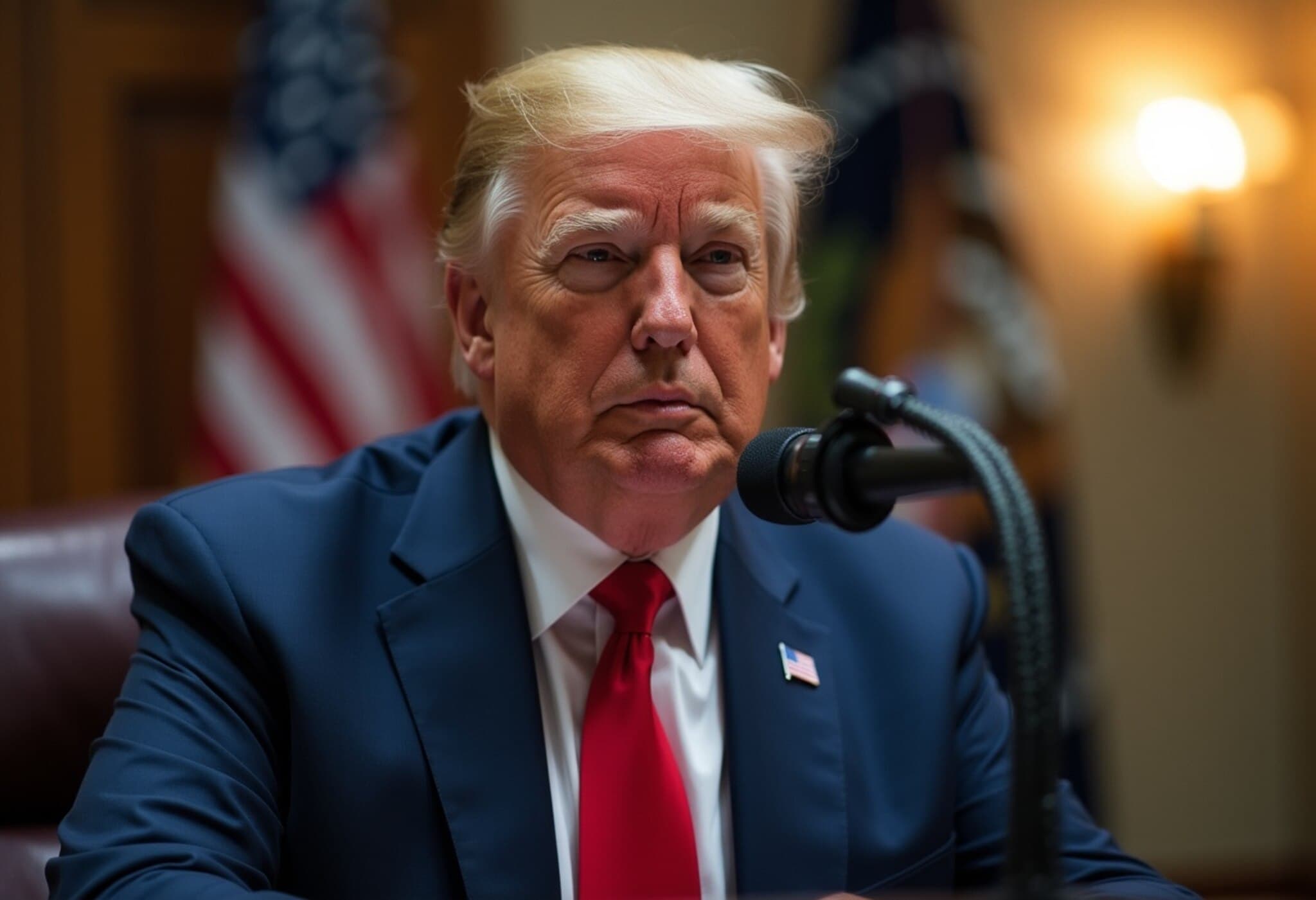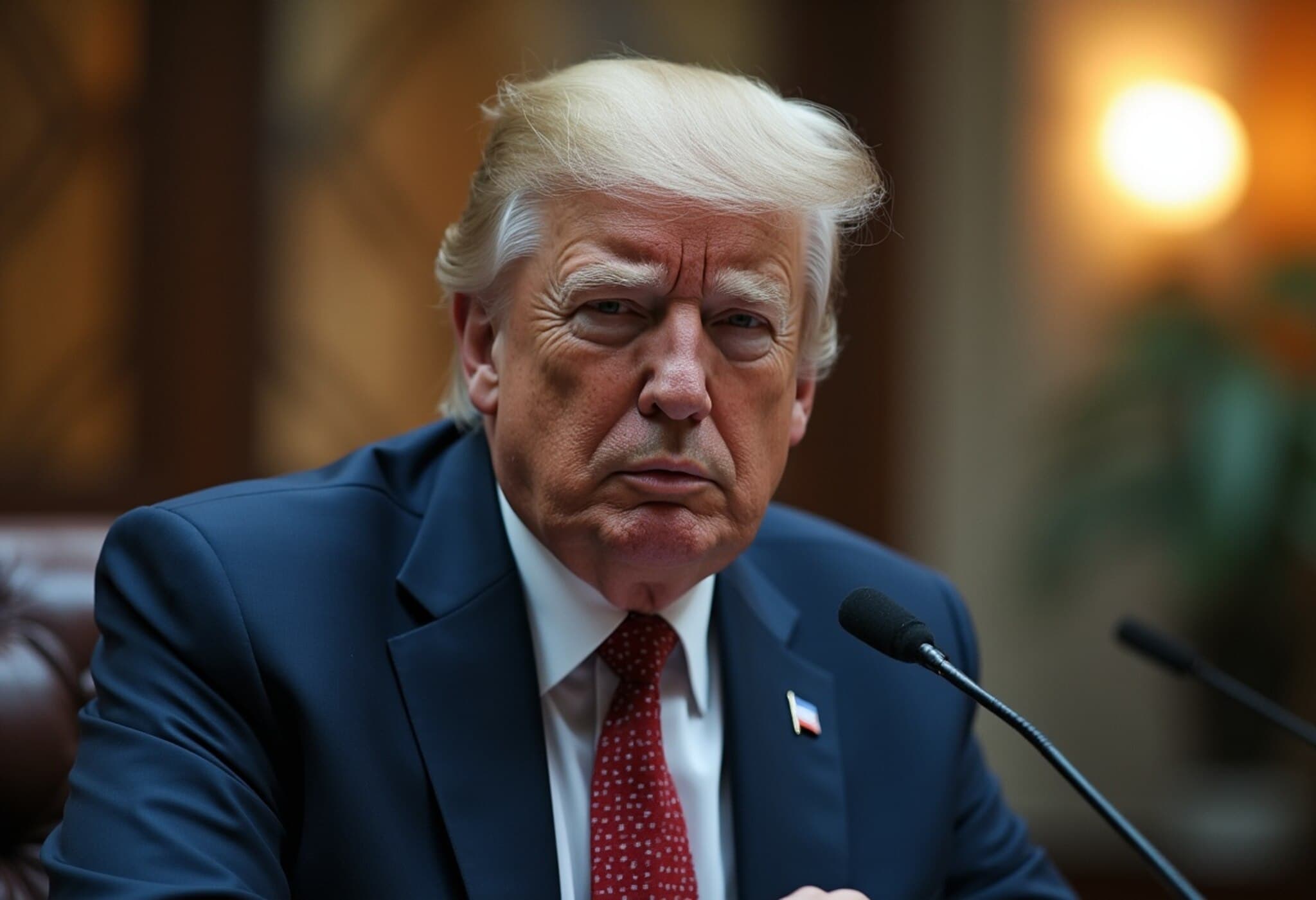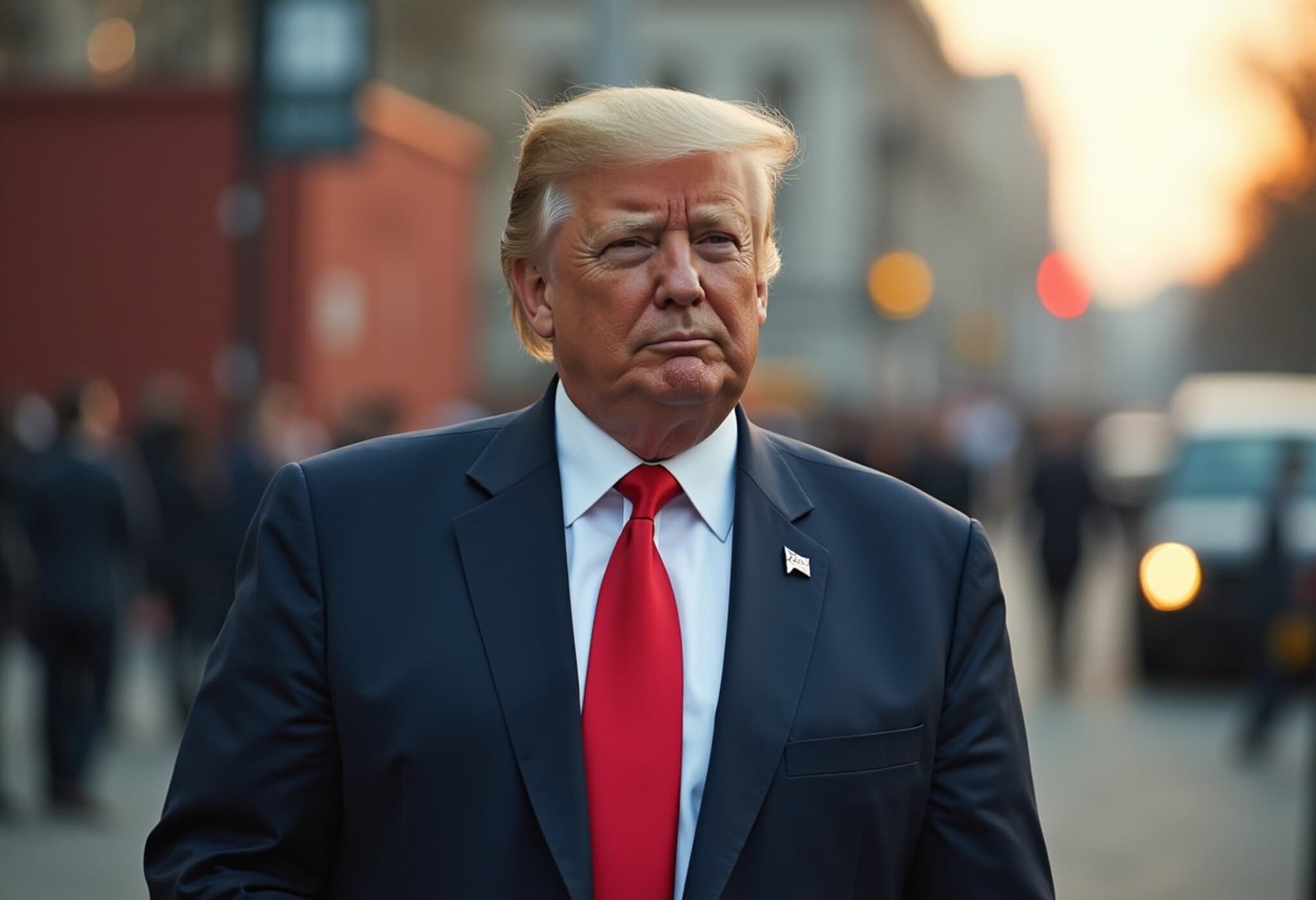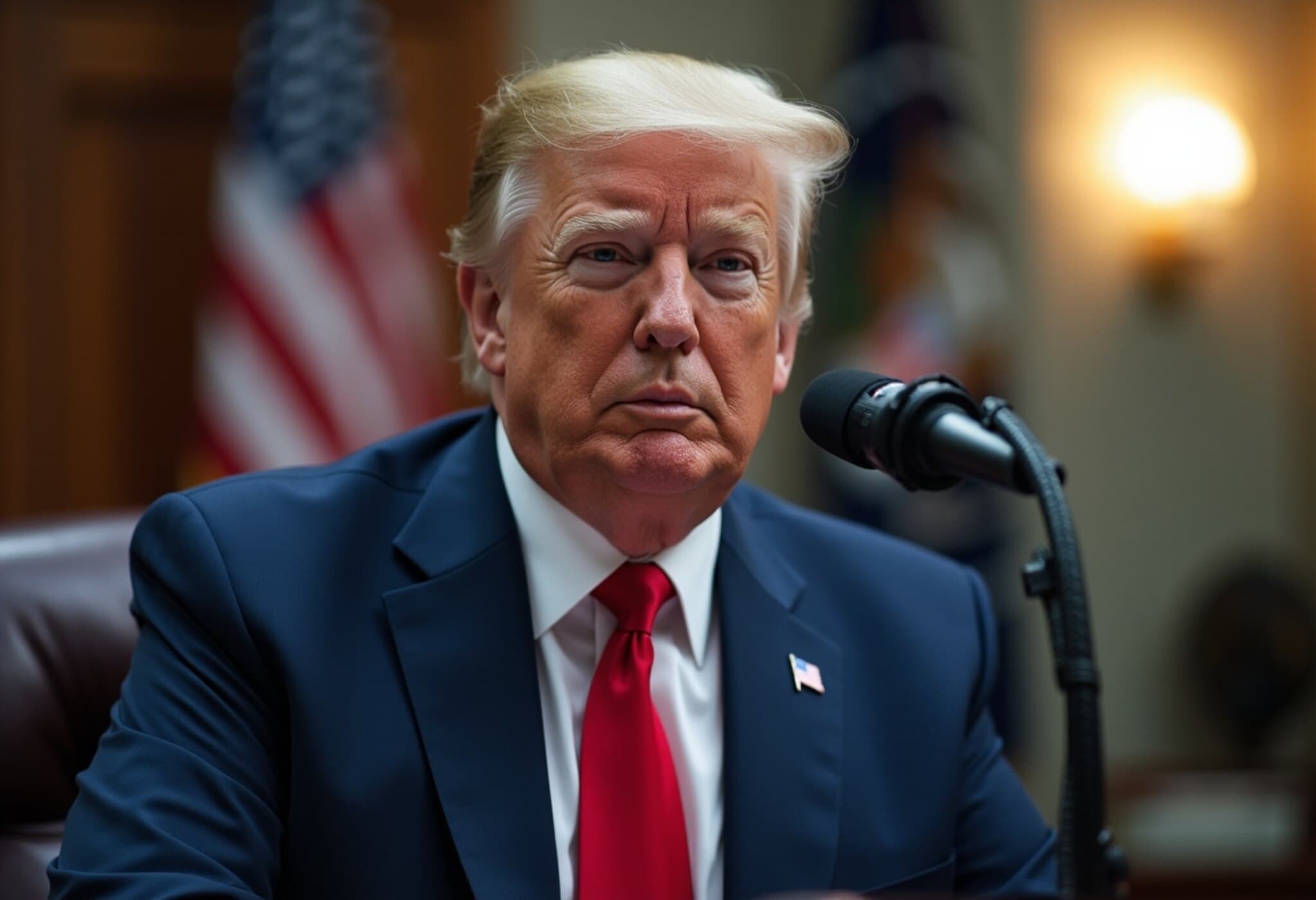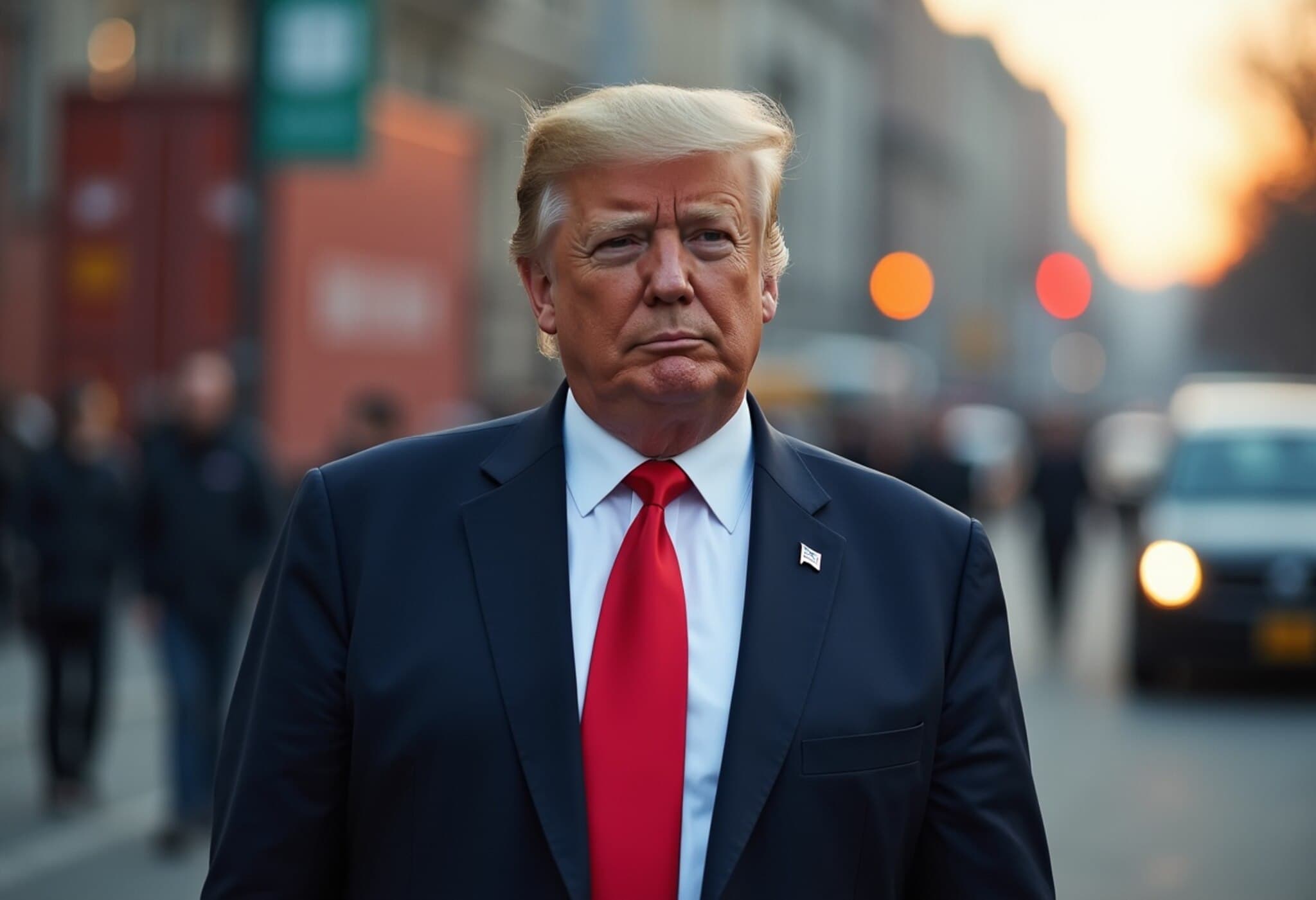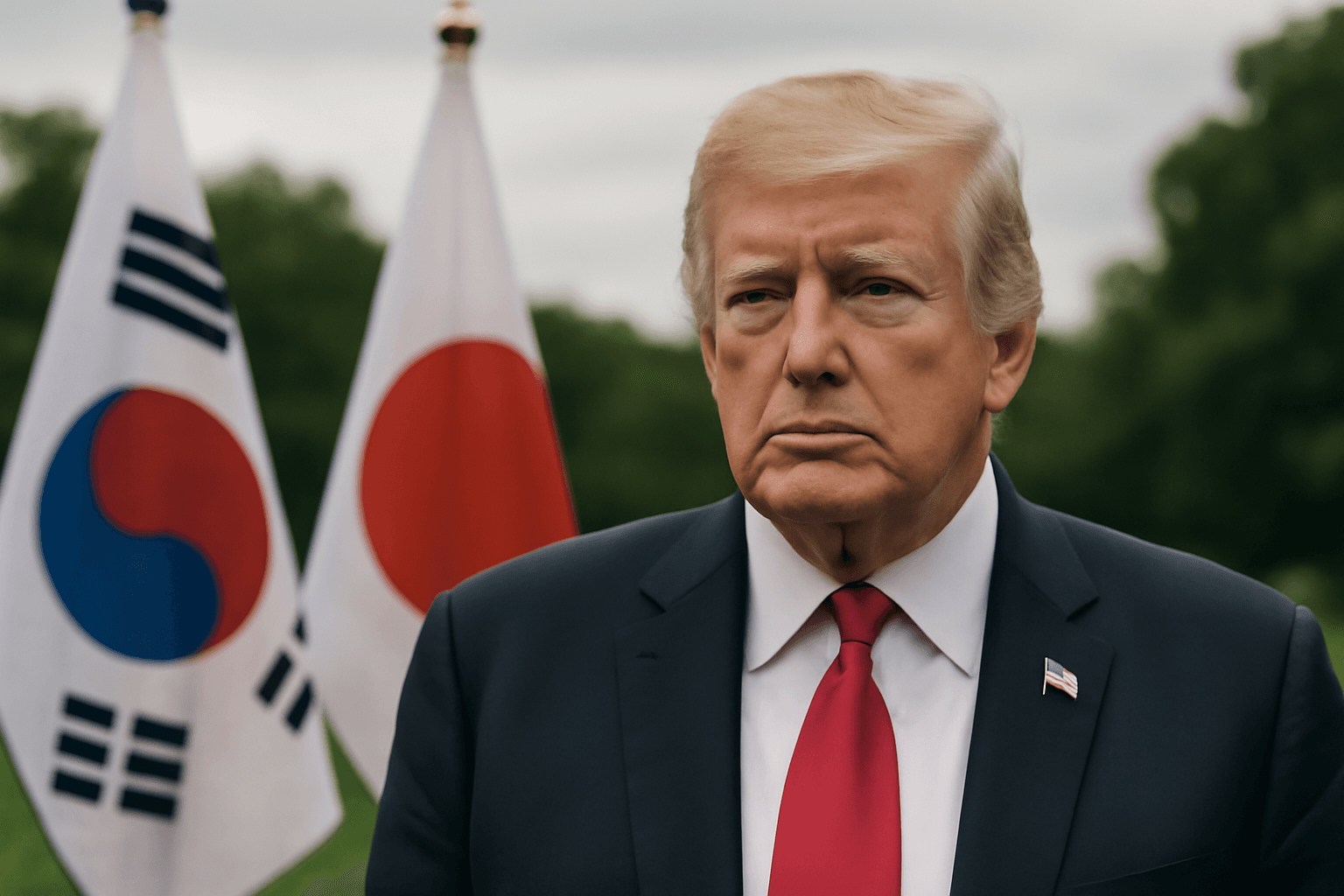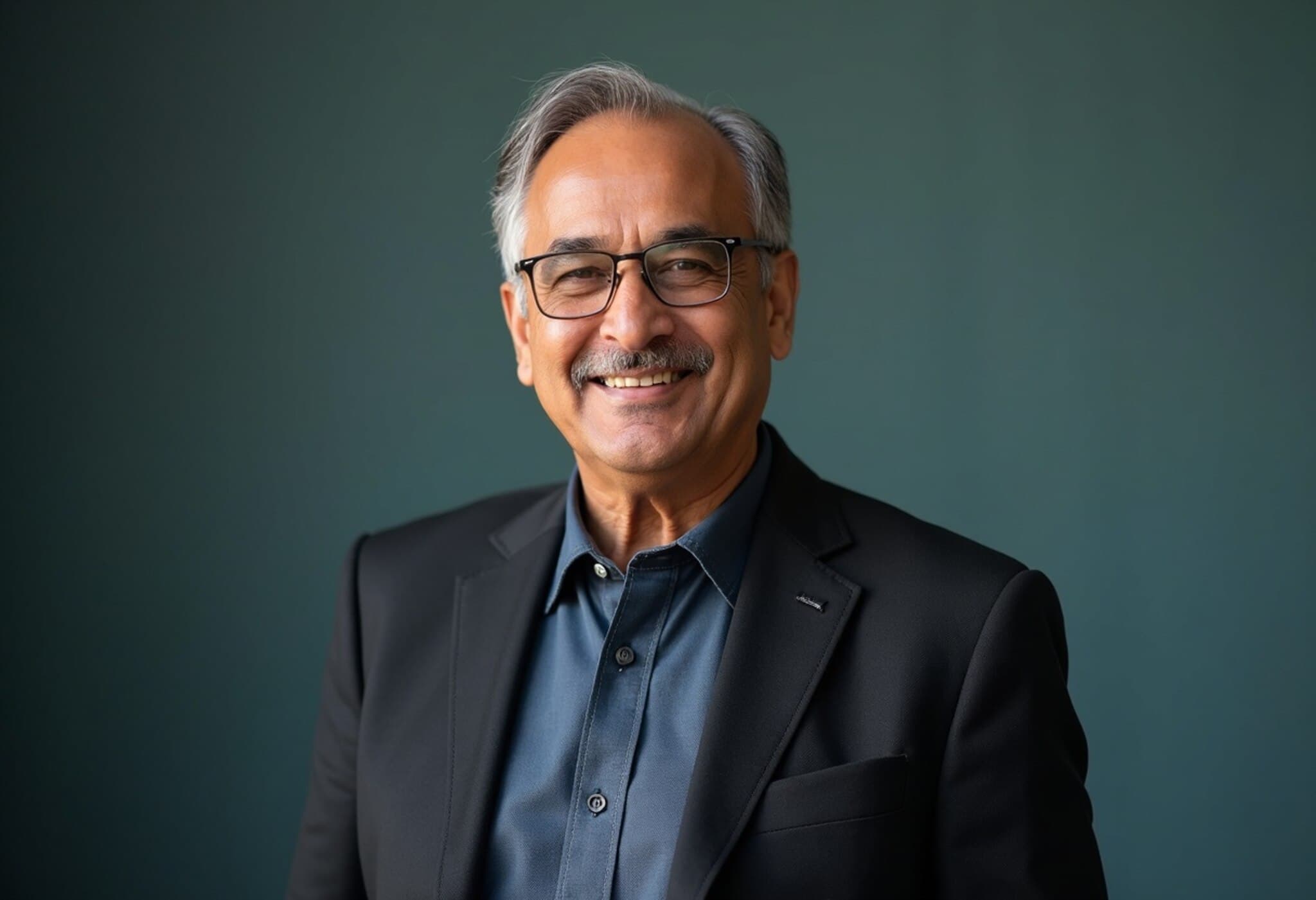Trump's Decision to Impose Tariffs on Brazil: A Political Gambit with Broad Consequences
In a striking demonstration of the intersection between international trade policy and political allegiance, former U.S. President Donald Trump has announced a sweeping 50% tariff on Brazilian imports, effective August 1, 2025. This move comes at a critical moment as Brazil's ex-president Jair Bolsonaro is set to face trial, accused of orchestrating efforts to undermine Brazil’s democratic institutions. The tariffs, ostensibly a response to what Trump decries as a "witch hunt" against Bolsonaro, have raised complex questions about sovereignty, economic fallout, and U.S.-Brazil relations.
From Targeted Sanctions to Broad Tariffs: The Evolution of Trump's Response
Eduardo Bolsonaro, Jair Bolsonaro's son and a sitting member of Brazil's congress, has been a persistent presence in Washington since March 2025. He has lobbied senior U.S. officials, alleging that a Brazilian Supreme Court Justice is conducting politically motivated prosecutions against his family. Eduardo’s narrative, reminiscent of Trump’s own rhetoric about electoral fraud in the United States, found fertile ground in the White House atmosphere.
Initially, Brazilian right-wing figures sought targeted sanctions against the judge presiding over Bolsonaro’s case. Yet, Trump escalated dramatically by levying tariffs not just against an individual or institution, but the entire Brazilian economy. Two insiders familiar with the president’s deliberations reveal this decision was Trump’s alone, revealing a strategic pivot to wield economic might as a tool of political influence.
The Role of Steve Bannon and the Political Dynamics Behind the Scenes
Steve Bannon, former Trump strategist and prominent far-right voice, openly praised the aggressive tariff move as a long-overdue intervention. Bannon described ongoing lobbying efforts by Eduardo Bolsonaro and Brazilian commentators behind the scenes, who successfully conveyed Trump’s narrative that the prosecution equated to political persecution.
Eduardo Bolsonaro has cultivated a close relationship with Trump, attending key political events such as the January 6 Capitol riot and the 2024 election night at Mar-a-Lago. His ability to bridge Washington’s conservative circles with Brazil’s right wing has added another layer to the unfolding trade dispute.
Economic and Political Fallout: Strains on U.S.-Brazil Relations
The tariffs have ignited a fierce diplomatic and economic standoff between the U.S. and Brazil — the Western Hemisphere’s two largest countries. Brazilian President Luiz Inácio Lula da Silva has condemned the tariffs as a violation of Brazil’s sovereignty and judicial independence, promising retaliatory measures while warning against external interference.
Lula’s statement underlines the delicate balance he must strike. Incoming elections and his historically critical stance against U.S. interventionism in Latin America place him in a difficult position. Yielding to Trump's demands risks domestic backlash over perceived erosion of Brazilian sovereignty; resisting could mean economic pain from tariffs that hit key exports like steel, coffee, and beef, as well as broader bilateral trade that reached a record $40.3 billion in 2024.
Trade Context: Brazil’s Rising Exports and the Broader Tariff Environment
- Trade Surplus Reality: Contrary to Trump’s claims of a trade deficit, the U.S. held a $7.4 billion trade surplus with Brazil last year.
- Export Growth: Brazilian beef exports to the U.S. doubled, and coffee exports surged over 40% in early 2025, largely due to tariff shocks elsewhere in the global market.
- Potential Impact: Any prolongation of the tariff war threatens Brazil’s economic stability and could slow growth ahead of Brazil’s 2026 elections.
Political Implications: A Complex Election Backdrop
Despite declining approval ratings, Lula's positioning gains unexpected traction from the crisis. Political analysts suggest that framing Trump and Bolsonaro as foreign adversaries allows Lula to consolidate nationalist support and distract from domestic issues. Meanwhile, Bolsonaro remains barred from running until 2030 due to electoral violations, deepening the political intrigue around his prosecution.
The Legal Case Against Bolsonaro: Sovereignty and Security at Stake
Jair Bolsonaro faces charges alleging he masterminded an effort to overturn Brazil’s 2022 election results, undermine the judiciary, and collaborate with military factions. Prosecutors also accuse him of tacitly endorsing plans to assassinate key political figures, including Lula and a Supreme Court Justice. These allegations, supported by digital evidence, lay at the heart of the trial coinciding with the tariff imposition.
Expert Perspective: The Risks of Politicizing Trade Policy
From an economic and legal standpoint, experts warn that utilizing tariffs as leverage over judicial independence sets a precarious precedent, particularly in democracies where separation of powers is a foundational principle. Moreover, broad tariffs risk collateral damage to unrelated sectors and companies, potentially harming ordinary citizens and businesses more than targeted actors.
In the current global climate, trade disputes fueled by political vendettas may exacerbate geopolitical tensions, shrink multilateral cooperation, and destabilize emerging markets dependent on global trade flows.
Editor’s Note
Trump’s imposition of punitive tariffs on Brazil transcends a conventional trade dispute; it reflects the potent fusion of politics, economics, and international diplomacy. As Bolsonaro stands trial for what many view as a critical democratic reckoning, the U.S.’s response raises vital questions: Can trade policy responsibly serve as an instrument of foreign political influence without undermining sovereignty and economic stability? How might such decisions reshape future U.S. relations in Latin America? Readers are invited to consider these complexities as this high-stakes saga unfolds.

